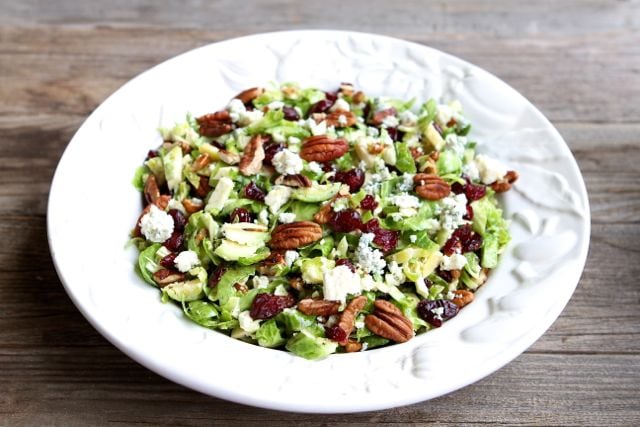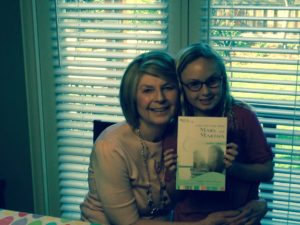
Love Your Body Like God Loves It
All my life I haven’t liked Brussels Sprouts! They’re one of the few foods I’ve never acquired a taste for….until a few years ago!
When we were receiving organic fruits and vegetables from Bountiful Baskets, it was always a surprise what I’d find inside the box, and was I surprised to see a bag of Brussels Sprouts! Ugh, I thought. Who can I give these away to? But instead of giving them away, I asked my Facebook friends if they had any great recipes, mentioning that I don’t care for cooked cabbage, but I’ll eat it raw in fish tacos or coleslaw.
One of my FB friends posted a recipe for Chopped Raw Brussels Sprouts Salad. What? You could eat Brussels Sprouts raw? That thought had never entered my mind, but I try to eat as much raw as possible since that’s the best way to get all the nutrients.
[Tweet “You can eat Brussels Sprouts raw? “]
This recipe had cranberries, blue cheese, and toasted pecans. How could I go wrong? And it was Super Bowl Sunday, so why not make it and try it out at the party we were attending. So I put those cute little round cabbage balls in the food processor and walla, it looked just like shredded cabbage. I tasted it…and oh my! What a different taste than cooked. I knew right then I was going to LOVE this salad–as did everyone at the party!
For those of you who shop at COSTCO, they’ve got a delicious fresh salad with cabbage, kale, Brussel Sprouts, and other goodies you mix together with a delicious salad dressing. I have some in the refrigerator right now!

So what’s the moral of my raw Brussels Sprouts salad story? As I was enjoying the delicious salad, the Lord reminded me that there were probably many other things…not just food…that I thought I didn’t like because I had only looked at them from one perspective.
How about you? Is there a person you don’t get along with? A food you’re sure will never touch your lips? A place you think you could never live? (As a native Californian, I would have never in a million years expected I would be living in the rural mountains of Idaho).
[Tweet “What’s on your “never-ever” list that you’d be open to looking at from another angle? “]
A color you would never wear? What’s on your “never-ever” list that you’d be open to looking at from another angle? What might you be missing if you didn’t?
[Tweet “Many people avoid God and Christianity because they’ve had a bad experience”]
Many people avoid God and Christianity because they’ve had a bad experience, and like me with Brussels Sprouts, they’re positively, absolutely convinced it’s not for them. Could you help someone in your life see God from a different perspective?
[Tweet “Could you help someone in your life see God from a different perspective?”]
Taste and see that the Lord is good. Oh, the joys of those who take refuge in him!–Psalm 34:8 NLT









